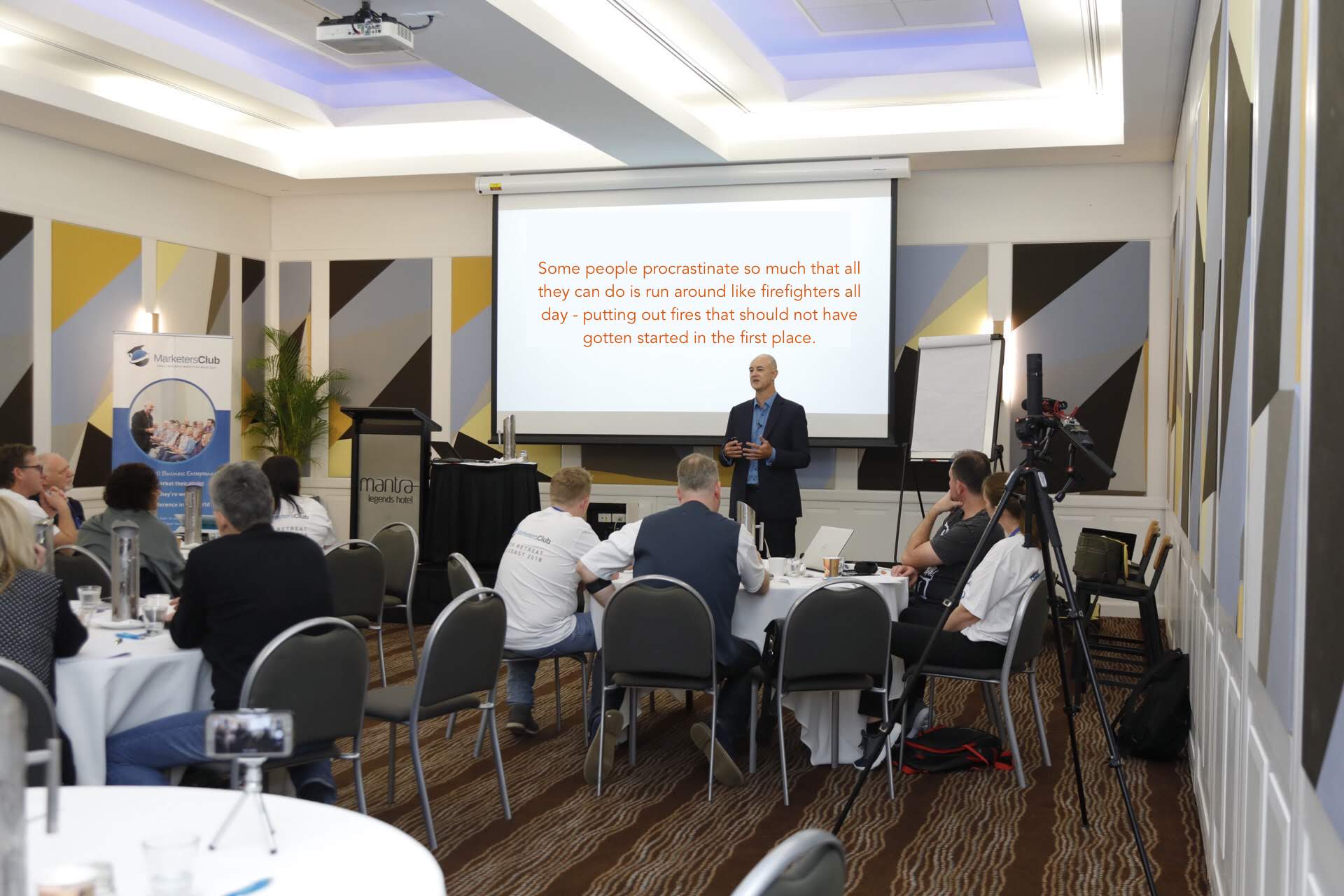In the realm of leadership, one fundamental question often emerges: Should leaders focus on amplifying their strengths or improving their weaknesses? The path toward self-improvement and professional development hinges on how leaders answer this crucial query. Achieving a well-rounded character involves honing one’s innate skills while addressing areas that require enhancement.
In the pursuit of becoming effective leaders, certain key strengths are indispensable. These strengths fuel a leader’s ability to guide, inspire, and effect positive change. It is prudent first to understand these essential attributes.
Communication: The Bedrock of Leadership
Effective communication tops the list of leadership must-haves. It is the cornerstone upon which all leadership skills are built. Leaders must be able to articulate their vision and directives with precision and clarity. Whether it is face-to-face, through electronic means, or across radio waves, the art of clear transmission of thought is non-negotiable. Techniques like using bullet points or focusing on pitch and tone can sharpen one’s communicative edge.
Emotional Intelligence: Humanizing Leadership
Leaders are not just managers of work but also stewards of human emotion. Having high emotional intelligence means understanding and managing one’s own emotions and recognizing and influencing the emotions of others. A leader with emotional awareness can navigate the intricate landscape of human relations with empathy and effectiveness.
Decision Making: The Core Function of Leadership
Faced with a constant barrage of decisions, a leader must discern the best course of action rapidly but thoughtfully. Reacting without full information can lead to flawed outcomes. The competence to make considered decisions—and justify them—forms the crux of a leader’s daily responsibilities.
Problem-Solving: The Leader as a Solution Seeker
A tactical mind adept at identifying issues, brainstorming solutions, and executing plans is critical for any leader. Problem-solving is not merely about decision-making but setting the stage for those decisions to be well-informed and effective. It’s about piecing together the puzzle before choosing how and where to place the next piece.
Delegation: The Wisdom of Sharing Responsibility
Leaders who attempt to shoulder each task singlehandedly court burnout and inefficiency. Delegating tasks appropriately nourishes the growth of future leaders and enriches the organization’s capacity for achieving goals. Trust in one’s team and their competencies, paired with the skill of appropriate task allocation, creates a fertile ground for the development of both individuals and the collective.
Adaptability: The Leader’s Dance with Change
Adaptability is tantamount to survival in the chaotic ballet of leadership. Whether it’s navigating a shifting marketplace or managing a crisis, the ability to pivot with poise is imperative. Leaders must expect, accept, and plan for change, making adaptability a laudable trait.
Visionary Thinking: Charting the Course to the Future
A leader must be able to see beyond the present horizon and envision a brighter, more advanced future. Visionary leaders inspire others by painting a compelling picture of what lies ahead. Their ability to innovate, anticipate, and strategize keeps organizations on the cutting edge.
Integrity: The Uncompromisable Leadership Trait
Trustworthiness and honesty stand at the pinnacle of leadership values. A leader devoid of integrity can swiftly erode the foundation of trust that bolsters an organisation’s credibility. Integrity ensures that the right course of action is unfailingly chosen even in the face of adversity or temptation.
Team Building: The Leader’s Role in Forging Unity
The capacity to cultivate a strong team is as much about fostering a collaborative spirit as it is about driving results. Leaders must immerse themselves within the team, standing not above but alongside their peers. A robust team amplifies the potential for success and can proceed autonomously, fortified by mutual trust and respect.
Conflict Resolution: The Leader’s Mandate to Harmonise
Finally, the ability to resolve interpersonal strife is a task leaders contend with routinely. Skillful conflict resolution involves proactive engagement, keen observation, and sincere communication. By deftly managing discord, leaders maintain team harmony and productivity.
While these strengths are pivotal, awareness of one’s limitations is equally vital. Confronting weaknesses fearlessly and deliberately strengthens a leader’s comprehensive ability. Various areas often noted as leadership deficiencies demand attention.
Leaders must be adept listeners, opening themselves to others’ perspectives and communicating acknowledgement. Empathy enables leaders to connect genuinely with others’ experiences. In exercising patience, leaders acknowledge the varying paces at which people and processes can develop. Even when it’s less than flattering, openness to feedback paves the way to growth and improvement. Being self-aware encourages conscious reflection on one’s actions and their impacts.
Maintaining work-life balance is crucial for leaders to avoid burnout and sustain productivity. Cultural intelligence equips leaders to navigate an increasingly diverse workforce with grace and understanding. Effective stress management guards against the wear and tear of leadership’s toll. Consistency in actions and words builds reliability and sets clear expectations.
Addressing these areas of potential weakness transforms good leaders into great ones. By confronting these challenges, leaders can align their actions with the values they espouse and the goals they strive to achieve.
In the balance of strengths and weaknesses, leaders find the equilibrium to grow professionally and personally. Just as a well-rounded individual benefits from a breadth of knowledge and wisdom, so too does a leader from a harmonious blend of skills and continuous learning.
In holistically developing their capacity, leaders are well-prepared to face the future’s challenges and lead their teams toward success. Whether running towards the flames or steering amidst calm waters, an effective leader knows the importance of both strengthening what’s already strong and fortifying the areas that may need reinforcement.
The fusion of knowing one’s strengths and improving weak spots ensures that a leader is not only prepared for current demands but is also primed for future ventures. This thoughtful approach to leadership is the cornerstone on which lasting and impactful leadership is built.


